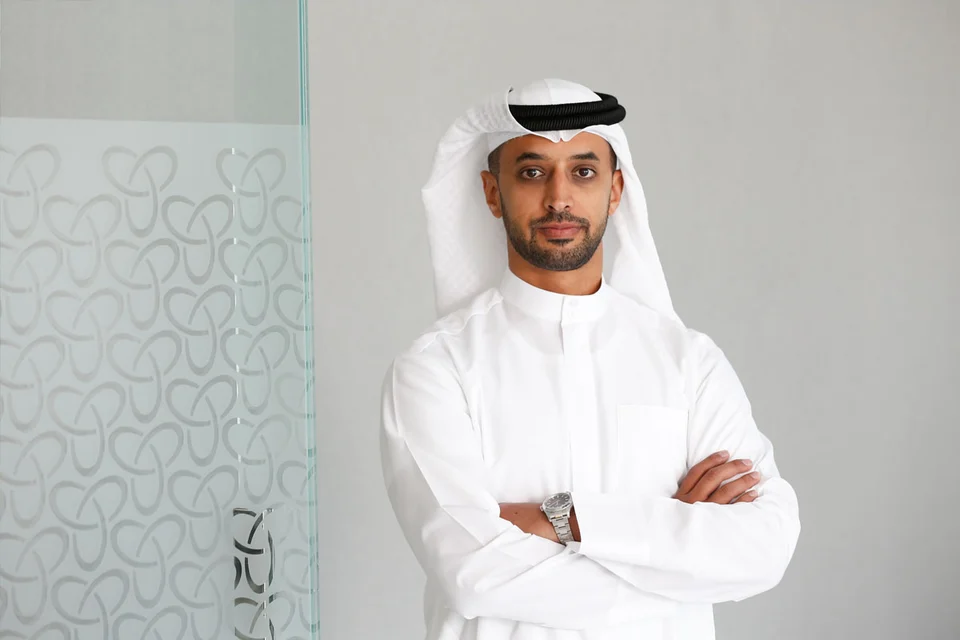
Saudi Arabia's Minister of Tourism, Ahmed Al-Khateeb, stated at the 2025 World Economic Forum Annual Meeting that Saudi Arabia plans to host 70 million tourists annually by 2030 and become one of the top seven global tourist destinations. He emphasized that Saudi Arabia recorded nearly 30 million international visitors last year.
During a panel session on "How We Will Travel" at the forum, Al-Khateeb attributed the success of Saudi Arabia's tourism sector to effective governance and comprehensive planning. He specifically mentioned key initiatives such as the introduction of e-visas and the construction of airports in major tourist areas, which have significantly increased the number of international visitors. Al-Khateeb stated, "Saudi Arabia is focused on enhancing the entire tourist experience, from flights and landing points to transportation and destinations."
Saudi Arabia is working to create new tourist destinations and modernize airports, including the King Salman International Airport, which is expected to accommodate over 120 million passengers. Furthermore, Saudi Arabia has launched a new airline, Riyadh Air, to support its tourism goals. Apostolos Tzitzikostas, European Commissioner for Sustainable Mobility and Tourism, praised the significant progress in Saudi Arabia's tourism sector and highlighted Saudi Arabia's cooperation with various destinations and countries.
At the 2025 World Economic Forum in Davos, the Saudi pavilion showcased Saudi Arabia's achievements in multiple sectors. The pavilion highlighted investment opportunities under Saudi Vision 2030, covering areas such as health, transport and logistics, communications and infrastructure, tourism, industry, scientific research, and precious metals, and demonstrated the latest trends in local and global socioeconomic transformation.
The Saudi pavilion also presented investment opportunities and incentives in the Saudi aviation sector, including public-private partnership projects aimed at developing airports. Additionally, the pavilion showcased the progress of industrial cities such as Jubail, Yanbu, Ras Al-Khair, and Jazan, highlighting the advancements and sustainable development potential of these key industrial hubs. The Saudi pavilion also served as a platform connecting entrepreneurs, change-makers, and innovators, providing strategic insights into critical areas shaping the future.
The pavilion hosted a series of dialogue sessions, attended by high-level ministerial delegations participating in the forum. These discussions covered a wide range of topics, including adapting to the era of smart technologies, transforming healthcare through virtual innovation, the role of tourism and travel in building trust, logistics services that drive global trade growth, building resilient societies, new ways to measure non-GDP growth, diplomacy in turbulent times, untapped investment opportunities in Saudi Arabia, expanding sustainable tourism, fostering human connections, and smart planning for sustainable industrial cities.



















